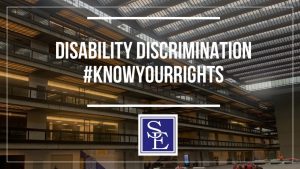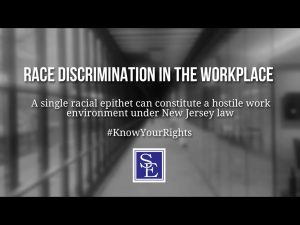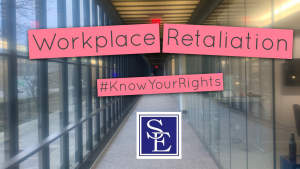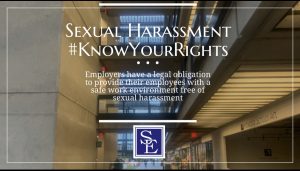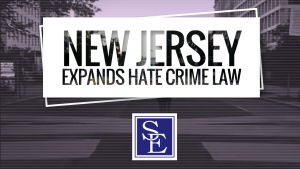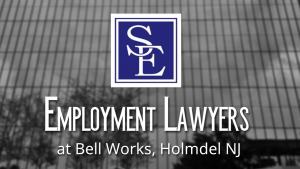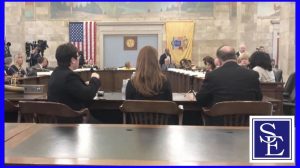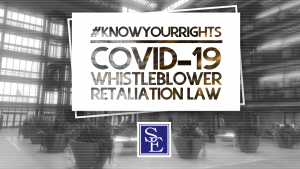The Superior Court of New Jersey, Appellate Division, recently authored a significant ruling that reaffirmed and strengthened the resolve of New Jersey’s whistleblower law, the Conscientious Employee Protection Act (“CEPA”). In Halliday v. Bioreference Laboratories, Inc., a Texas based employee, Halliday, of a New Jersey Company, Bioreference Laboratories, Inc. (“BLI”), raised numerous complaints regarding her employer’s Houston, Texas laboratory being out of compliance with the Clinical Laboratory Improvement Amendments (“CLIA”) and thus in violation of federal law. Ms. Halliday was fired within a year of raising her complaints, leading her to file a CEPA claim against her former employer.
BLI moved for summary judgment arguing that Texas law, not New Jersey law, should apply. The trial court agreed with BLI, finding that Texas law governed the issue. Moreover, because Texas law governed the issue, and Texas lacks a whistleblower law in parity with CEPA, Ms. Halliday’s claim failed. The trial court further noted that even if CEPA applied to the issue, Halliday failed to present evidence that her termination was connected to her complaints. As such, the trial court granted BLI’s motion for summary judgment. Ms. Halliday then appealed. On appeal, the Superior Court sided with Ms. Halliday, vacated the trial court’s ruling and remanded the issue back to the trial court.
The Superior Court’s holding emphasized the core ideas of CEPA as a “remedial legislation” that was created to advance an important social goal, namely “to encourage, not thwart, legitimate employee complaint.” Pursuant to this ideal, the Superior Court looked to the definitional language used in CEPA on the terms “employee” and “employer” and held definitively that, “[CEPA] does not limit the definition of employer to persons or entities located in New Jersey, and the definition of employee is not restricted to individuals performing services in New Jersey.” This landmark holding cements the idea that CEPA is an inclusive legislation that is not fully limited to the borders of New Jersey.
 New Jersey Employment Lawyers Blog
New Jersey Employment Lawyers Blog


